Can a normal Lemon tree be made a dwarf
rafia
11 years ago
Featured Answer
Comments (8)
krismast
11 years agoRelated Professionals
Maple Heights Landscape Architects & Landscape Designers · Alamo Landscape Contractors · East Hanover Landscape Contractors · Firestone Landscape Contractors · Gaithersburg Landscape Contractors · Haverhill Landscape Contractors · Lantana Landscape Contractors · Leicester Landscape Contractors · Mercedes Landscape Contractors · Peoria Landscape Contractors · Pleasant Prairie Landscape Contractors · Pleasanton Landscape Contractors · Teaneck Landscape Contractors · University City Landscape Contractors · Vancouver Landscape Contractorsjohnmerr
11 years agojakkom
11 years agojohnmerr
11 years agoDawn Bear
9 years agohoosierquilt USDA 10A Sunset 23 Vista CA
9 years agozwoydziak9bsunset13
9 years agolast modified: 9 years ago
Related Stories

GARDENING GUIDESHow to Keep Your Citrus Trees Well Fed and Healthy
Ripe for some citrus fertilizer know-how? This mini guide will help your lemon, orange and grapefruit trees flourish
Full Story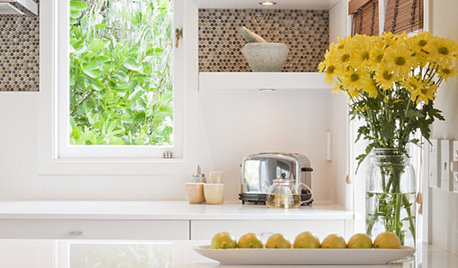
DECORATING GUIDESHave Lemons? Make a Decorative Statement
Add a splash of citrus for some midwinter color therapy
Full Story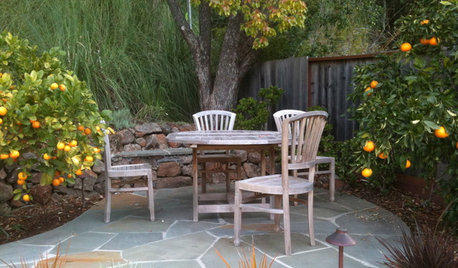
GARDENING AND LANDSCAPINGCrazy for Fruit Trees
Whether a single citrus or a mini apple orchard, even the smallest landscape space can bear deliriously delicious fruit
Full Story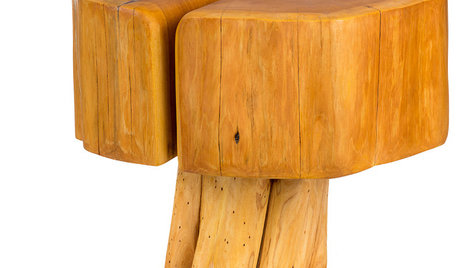
PRODUCT PICKSGuest Picks: Beautiful Things You Can Feel Good About Buying
Upcycled, ecofriendly or just made responsibly, these home accessories and furniture pieces will keep your conscience clear
Full Story
GARDENING GUIDESYes, You Can Grow an Edible Garden on a Hot, Dry Site
Difficult garden spots don’t need to deter you from planting trees, herbs and other delicious food plants
Full Story
VACATION HOMES5 Homes Made for Après-Ski Indulgence
Strenuous days on the slopes require a warm and pampering retreat to return to, and these homes' amenities hit the spot
Full Story
DECORATING GUIDESThe Dumbest Decorating Decisions I’ve Ever Made
Caution: Do not try these at home
Full Story
MODERN ARCHITECTUREHouzz TV: This Amazing Lake House Made a Couple’s Dream Come True
Step inside a dream home on Lake Austin, where architecture celebrating gorgeous views has a striking beauty of its own
Full Story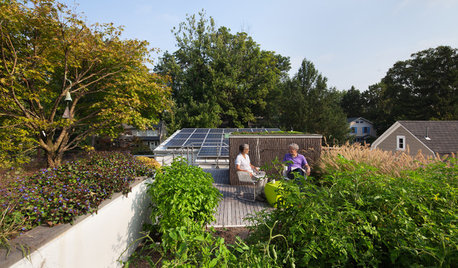
GREEN BUILDINGHouzz Tour: An Innovative Home Shows What It’s Made Of
Homeowners design their Washington, D.C., residence with sustainability in mind and to accommodate them as they get older
Full Story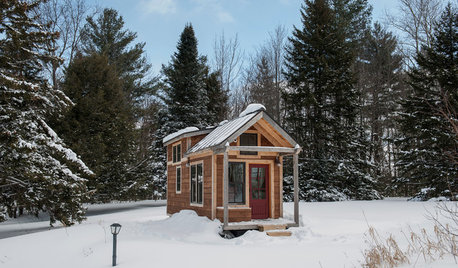
TINY HOUSESHouzz Tour: A Custom-Made Tiny House for Skiing and Hiking
Ethan Waldman quit his job, left his large house and spent $42,000 to build a 200-square-foot home that costs him $100 a month to live in
Full StoryMore Discussions






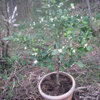
mksmth zone 7a Tulsa Oklahoma